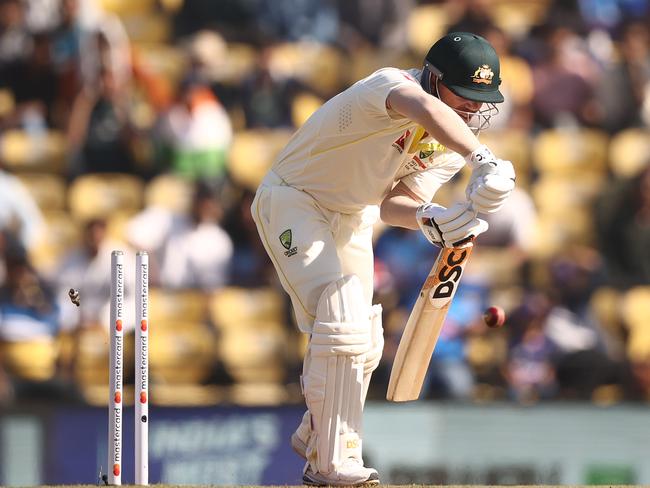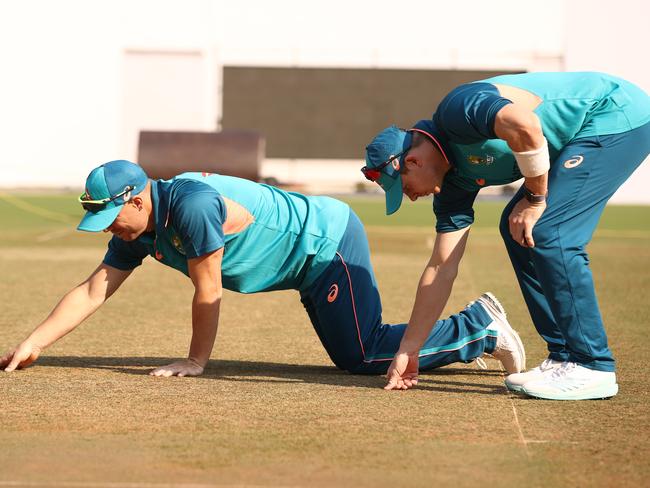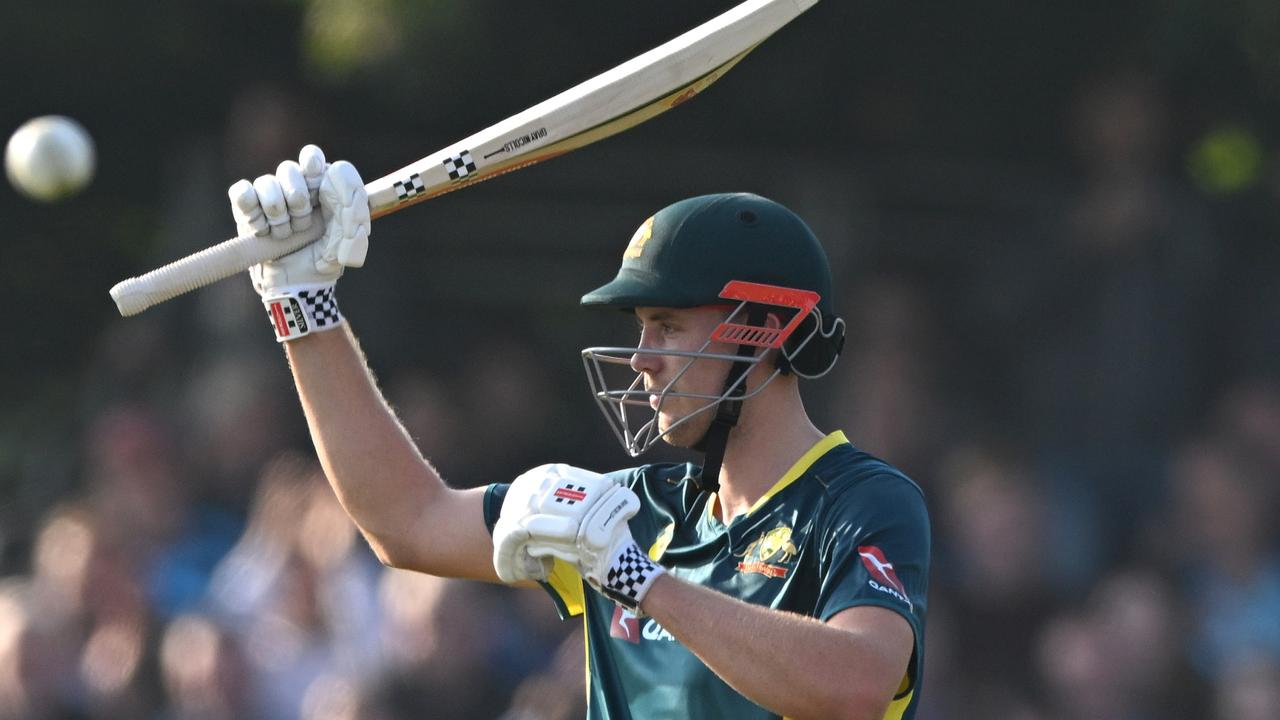Mike Atherton: Australia’s India woes show why smart Ashes money is on England
Pat Cummins and Steve Smith both declared a series win in India would be bigger for Australian cricket than claiming the Ashes in England. But one legend has asked, how would they know?

Cricket
Don't miss out on the headlines from Cricket. Followed categories will be added to My News.
Pat Cummins, Australia’s 47th Test captain, was clear in his assessment of what winning a series in India would mean.
“Like an Ashes away win, but even more rare,” he said.
“It will be a career highlight, an era-defining success if we win out there.” Steve Smith thought the same, saying on the eve of departure: “If you win in India, it is bigger than an Ashes win.” These comments prompt the question: how would they know?
After all, it has been a generation or two since Australia’s cricketers left England’s shores as winners. For sure, they retained the Ashes here in 2019 - a 2-2 draw was enough to keep the urn - but winning has eluded them since 2001, when they brought an indisputably great team full of names for the ages such as Shane Warne, Steve Waugh, Ricky Ponting, Adam Gilchrist and Glenn McGrath. Since then, nothing.
It is strange to think, given how the dominant narrative around English cricket has been one of despair and dislocation, how successful England have been in Ashes contests at home since then, winning twice as many Tests as losing and winning four out of five series. For the purposes of this column, and this calendar year, we can banish memories of playing in Australia to the deepest recesses of our minds: no active Australian player knows what it is like to win in England.
Mind you, they don’t know what it is like to win in India either, where they have fared even worse. In the past two decades, Australia have won three Tests in India and lost 12; they have won one Test there since the beginning of 2005. Australian batsmen have often given the impression of being homesick travellers, happiest against Kookaburra balls on flat pitches, and far less certain when conditions offer swing, seam or spin.

To a greater or lesser degree, all cricketers are products of their environment, which means a moving ball is like kryptonite to Australian batsmen, reared on hard pitches where they can play early and hit through the line of the ball with freedom. To watch David Warner fret in the second innings at Nagpur, unsure whether to stick or twist, was to be reminded of the difficulties of adapting for even the best players, of which Warner is undoubtedly one. He averages 26 in England and 22 in India, compared with his Test average of 58 at home.
That Australia were spooked by an unusual-looking pitch in Nagpur was clear from their initial selections and then the ineptitude of their batting, when they fell short of par in the first innings and were whistled out for their lowest score in India in the second.
Todd Murphy, a novice of seven first-class matches, was a solitary piece of good news for Australia, taking seven wickets on debut. “Thank God for Todd Murphy!” is not a headline you could have guessed at four months away from the Ashes. Those of us in New Zealand have been enjoying the odd selections, and then the naughty boy nets and over-the-top headlines that have followed the first Test. “Humiliated in the present, future even shakier,” ran a headline in The Age.

In the past, in an Ashes year, England’s cricketers have veered between obsession and pretended ignorance. One year, when Andy Flower was coach, players were banned from using the A-word completely. When Chris Silverwood was coach, every decision seemed to be geared to the Ashes, no matter how distant the contest. Now, under Ben Stokes and Brendon McCullum, there is a refreshing balance: they are focused on the present but planning for the future.
This week Stokes talked on the record about the Ashes for the first time, saying he had given his medical staff one instruction: to have eight fast bowlers ready to go for the contest.

Winning away from home in Test cricket has become more challenging for a host of reasons: the World Test Championship, with points and prestige at stake, and a greater impatience and unwillingness from the general public to see games last five days has encouraged the preparation of more “result” pitches to favour the home team; the squeeze on the calendar limits proper preparation time, especially match practice, and tighter schedules make it harder for touring teams to turn the tide once it moves against them.
There will be many twists and turns before June: Australia, who have lost only twice in their past 16 Tests, remember, have a chance to redeem themselves in Delhi, Indore and Ahmedabad; “Bazball” may yet come unstuck in its spiritual home of the Long White Cloud. That said, the shift in expectations since the end of the Ashes last year in Hobart has been remarkable.
Before the start of a series against another team, any focus on the Ashes strikes some as disrespectful, but England’s cricketers have always been measured against Australia first and foremost. Right now, some bookmakers have Australia as marginal favourites. The value lies with England.
- The Times
More Coverage
Originally published as Mike Atherton: Australia’s India woes show why smart Ashes money is on England





